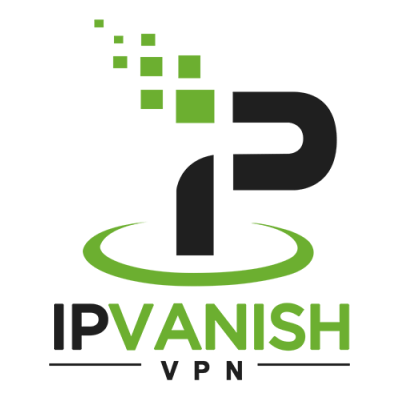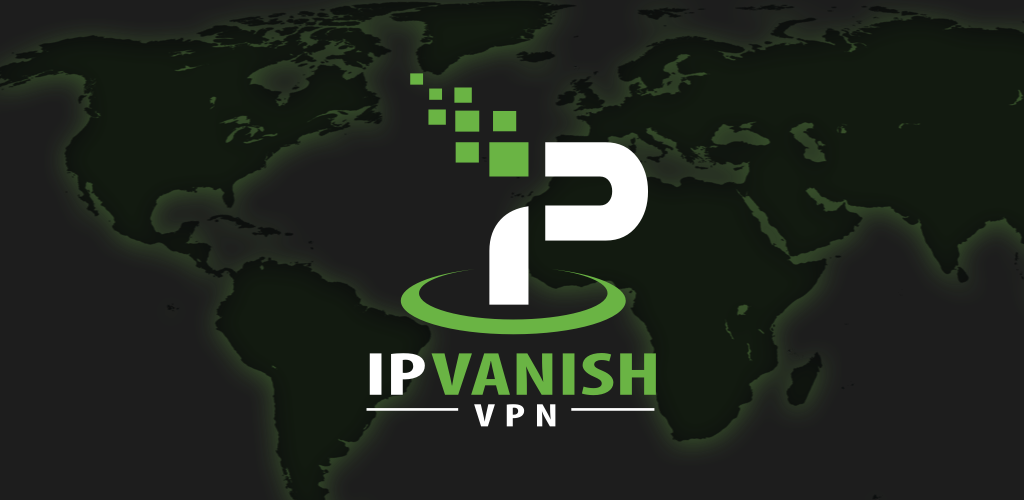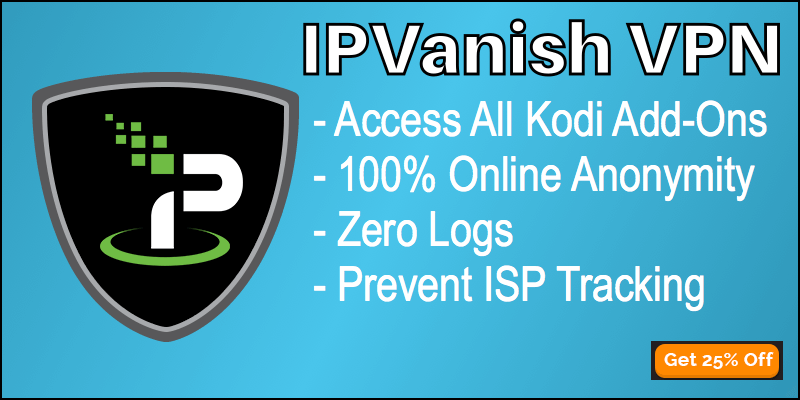
IPVanish collects user data like active email addresses and payment methods. Despite having been located in the United States, IPVanish does not keep usage logs , but it does keep connection logs.Īs of yet, there’s nothing conclusive about IPVanish’s logging policy when it comes to metadata. While traffic logs tend to be the most revealing, metadata collection can also hurt users’ privacy. The provider clearly mentions that they refrain from logging any identifiable information such as IP address, DNS requests, or user traffic.ĭoes IPVanish keep logs? – IPVanish only mentions their stance on traffic logs, and it’s unclear what other logs they are storing, such as IP addresses, DNS, timestamps. PureVPN’s privacy policy is quite reassuring. No traffic logs, but the overall policy unclearĭoes PureVPN keep logs? – No, PureVPN does not keep logs. Check out the clash in ExpressVPN vs CyberGhost. We recently compared it with ExpressVPN and it gave a tough time to one of the top-tier VPN providers. While this is clearly a setback for CyberGhost, when it comes to protecting your online security and privacy, it is second to no one. For example, you wouldn’t want to associate yourself with a provider like CyberGhost, whose parent company “Kape Technologies” is known for infecting users’ devices with malware in the past. Also, we recently pitted PureVPN against a top-tier VPN provider and you can learn more about their brawl in ExpressVPN and PUREVPN comparison.Īlong with Jurisdiction, the identity of the parent company of your VPN provider is also necessary.

So using a provider like PureVPN, which supports user and privacy-friendly jurisdiction is the best decision. Therefore, trusting IPVanish with your personal data wouldn’t be a smart decision.

If the jurisdiction is located in a country such as the US, where any law enforcement authority can ask for user logs and data then it completely defeats the VPN purpose. Jurisdiction is a very crucial aspect when selecting a VPN provider. Therefore, the presence of domestic spying and intelligence gathering activities makes the US a less-than-ideal jurisdiction for a VPN. Although there are no data retention laws in the US, the US is still a part of the Five Eyes alliance. IPVanish Jurisdiction – It is owned by StackPath, a company based in the US. Hong Kong doesn’t have any data retention laws, making it a good place for any VPN to be located in. PureVPN Jurisdiction – It began its operations in 2007 as a venture of Hong Kong-based GZ Systems. Ideally, VPNs that don’t operate under the jurisdiction of 5-Eyes are safer than VPNs that are subject to strict surveillance laws. The background tells us how trustworthy a service really is, while the jurisdiction affects a VPN’s data retention policy. It is important to look up the background and jurisdiction of service whilst selecting a VPN. PureVPN is better than IPVanish in terms of payment options. If you’re unsatisfied with the VPNs for any reason, you can claim your refund within a month.
VPN IPVANISH TRIAL
It doesn’t offer a free trial like PureVPN.Ī Money-back guarantee is a great benefit for new users skeptical about these VPNs and wants to try them out before committing to the subscription fully.
VPN IPVANISH PLUS
You can either opt for the VPN-only plan or get VPN plus cloud storage plan. It also offers two options for the users: VPN or VPN+Storage.

IPVanish – IPVanish is more affordable than PureVPN, coming at a low price of $3.75/ mo for its 1-year plan. Also, as a bonus, PureVPN offers a 7-day trial for $0.99 only.

Out of all the plans offered by PureVPN, its 2-year plan costing $2.08/mo offers the best value for money. It offers two plans, i.e., a 1-month plan at $10.95/mo and a 2-year plan at $2.08/mo. PureVPN – It is considered one of the most affordable VPN services out there.


 0 kommentar(er)
0 kommentar(er)
